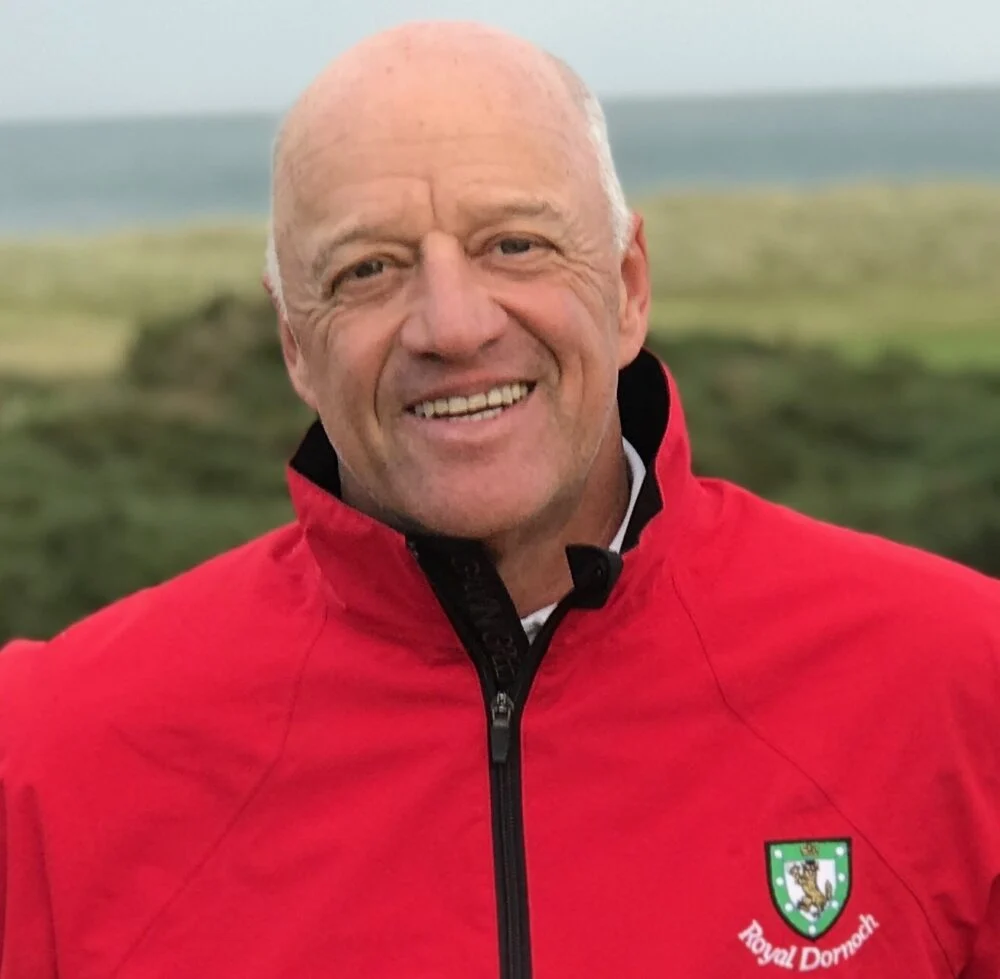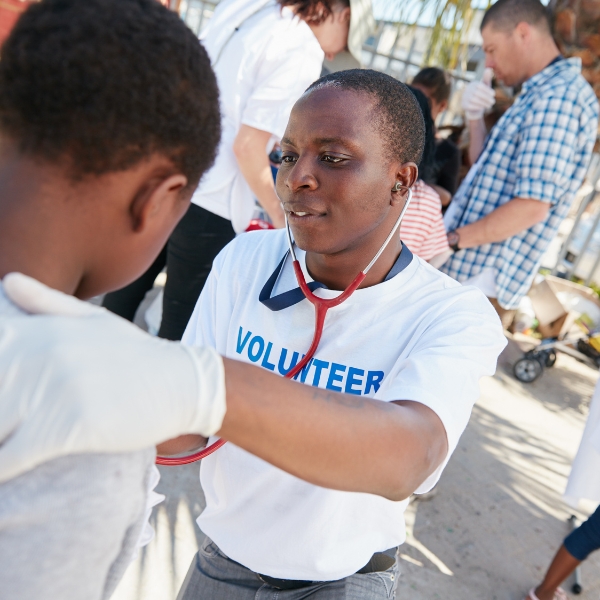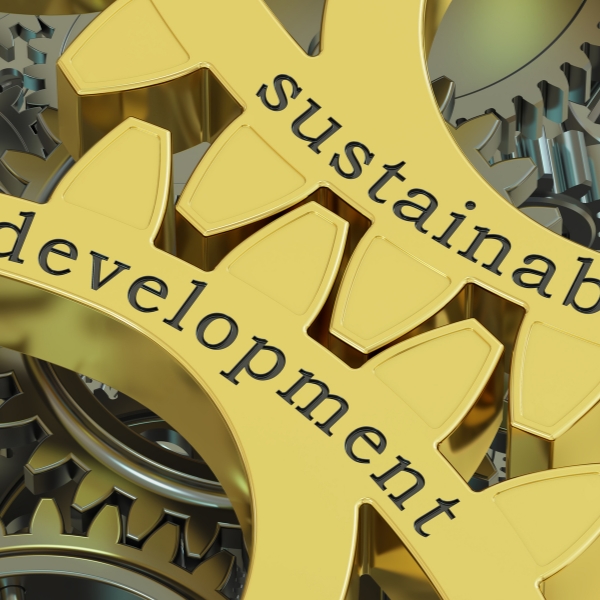How Volunteering Builds Skills and Confidence in Young Adults
How Volunteering Builds Skills and Confidence in Young Adults
In an increasingly competitive job market, young adults face the daunting challenge of differentiating themselves from their peers. One of the most effective ways to stand out is through volunteering. When considering how volunteering builds skills and confidence in young adults, it becomes evident that the benefits go beyond altruism. Engaging in volunteer work offers practical experiences that foster personal and professional growth, creating well-rounded individuals ready to tackle life’s challenges.
The Practical Skills Gained Through Volunteering
Volunteering provides young adults with an opportunity to cultivate a diverse skill set that is invaluable in both personal and professional contexts. When young people engage in volunteer work, they are often thrust into situations that require them to adapt and learn new skills rapidly. For example, they might find themselves managing projects, leading teams, or communicating effectively with people from various backgrounds. Here are some of the key skills that volunteering can develop:
- Leadership: Many volunteer roles require individuals to take charge, whether it’s organizing an event or leading a team of fellow volunteers.
- Communication: Volunteering often involves interaction with a wide range of people, helping young adults enhance their verbal and written communication skills.
- Problem-Solving: Volunteers frequently encounter unexpected challenges, providing opportunities to think critically and develop solutions on the spot.
- Teamwork: Working alongside others fosters collaboration, teaching young adults how to work effectively in a group setting.
These practical skills are not only applicable in future job scenarios but also enhance everyday interactions and relationships, fostering a sense of community and belonging.
Building Confidence Through Real-World Experiences
One of the significant impacts of volunteering is its ability to boost self-confidence in young adults. Many individuals struggle with self-doubt, especially when entering the workforce for the first time. Volunteering provides a safe environment to experiment with different roles, take risks, and experience success. Each achievement can build a sense of accomplishment, reinforcing the belief in one’s abilities. Consider the following ways volunteering contributes to confidence building:
- Skill Mastery: As volunteers take on new tasks and responsibilities, they gain mastery over various skills, which can translate into greater self-assurance.
- Positive Feedback: Receiving recognition and appreciation for their contributions can significantly boost a young adult’s self-esteem.
- Networking Opportunities: Engaging with diverse groups allows volunteers to expand their social networks, creating a sense of belonging and support.
- Overcoming Challenges: Facing and overcoming obstacles in a volunteer setting equips young adults with resilience, preparing them for future challenges.
Ultimately, the real-world experiences gained through volunteering can dramatically alter a young adult’s perception of their capabilities, instilling a sense of confidence that extends into various aspects of their lives.
Enhancing Career Prospects
In today’s job market, employers are increasingly looking for candidates who possess not only academic qualifications but also practical experience and soft skills. Understanding how volunteering builds skills and confidence in young adults is crucial for those entering the workforce. Volunteering serves as a platform to demonstrate commitment, work ethic, and the ability to collaborate with others. Employers value candidates who have engaged in volunteer work for several reasons:
- Demonstrated Initiative: Volunteering shows that an individual is proactive and willing to contribute to causes they care about.
- Relevant Experience: Many volunteer roles mimic professional environments, providing candidates with relevant experiences to discuss during interviews.
- Transferable Skills: The skills gained through volunteering are often transferable to various roles and industries, making candidates more versatile.
As young adults build their resumes through volunteer work, they are not just enhancing their skills but also significantly improving their career prospects.
Fostering Personal Growth and Community Engagement
Beyond professional skills, volunteering plays a pivotal role in personal growth and community engagement. Young adults who volunteer often develop a broader perspective on societal issues, increasing empathy and understanding of differing viewpoints. This engagement with the community is essential for fostering responsible citizenship. Here are ways in which volunteering promotes personal growth:
- Increased Empathy: Working with diverse populations allows young adults to gain insights into the experiences of others, fostering a deeper sense of empathy.
- Civic Responsibility: Engaging in volunteer work instills a sense of civic duty, encouraging young adults to contribute positively to their communities.
- Self-Reflection: Volunteering encourages young adults to reflect on their values and priorities, leading to personal growth.
By understanding how volunteering builds skills and confidence in young adults, individuals can appreciate the broader impact of their contributions, ultimately enriching their lives and the lives of those they serve.
Encouraging Young Adults to Volunteer
As parents, educators, or mentors, encouraging young adults to volunteer can have lasting effects on their personal and professional development. It is essential to provide them with information about available opportunities and the benefits of volunteer work. Here are some effective ways to encourage young adults to get involved:
- Lead by Example: Share your own volunteer experiences and the skills you gained to inspire them.
- Highlight Local Opportunities: Provide information about local organizations that align with their interests.
- Offer Support: Help them navigate the volunteer process, whether it’s filling out applications or attending events.
By supporting and encouraging young adults to embrace volunteering, you help them unlock their potential and foster a sense of responsibility towards their community.
Conclusion: The Lasting Impact of Volunteering
In conclusion, understanding how volunteering builds skills and confidence in young adults reveals its profound impact on personal and professional growth. The combination of practical skill development, increased self-confidence, and enhanced career prospects positions young adults for success in a competitive landscape. With a wealth of opportunities available, volunteering is an accessible pathway to not only improve individual lives but also create a positive ripple effect within communities. For those looking to empower young adults in their journey, consider facilitating volunteer opportunities that align with their interests and passions. The benefits will not only resonate throughout their lives but also contribute to a more engaged and compassionate society.
If you’re interested in learning more about how volunteering can positively impact young adults or if you’re looking for opportunities to get involved, feel free to contact us. Let’s work together to inspire the next generation of leaders!
Keywords: volunteering, young adults, build skills, confidence, community service, personal growth, leadership experience, teamwork, mentorship, social responsibility, career development, life skills, volunteer opportunities, self-esteem, Long Island
popular news & articles
Suffolk County, located on Long Island, New York, is home […]
How Local Farmers Markets Support Better Nutrition Year-Round In recent […]
Suffolk County, located on Long Island, New York, is often […]
Upcoming Affordable Housing Projects on Long Island: What You Need […]
news via inbox
Stay Connected

The Honorable Paul J. Tonna is a distinguished public servant, community advocate, and seasoned leader with a career marked by dedication to environmental sustainability, social equity, and community development. Serving as a Suffolk County Legislator for twelve years, including three years as Presiding Officer, Tonna played a pivotal role in advancing public health, environmental conservation, and workforce housing initiatives… Read More
Learn more about Paul Tonna at his website PaulTonna.com
Related Articles
Paul Tonna serves as Molloy College’s Executive Director for The Energeia Partnership, a leadership academy dedicated to identifying and addressing the serious …
The Honorable Paul Tonna serves as Vice Chairman and Executive Vice President of Corporate Affairs for American Health Group.
Paul Tonna joined the South Huntington Water District as a Commissioner in March, 2006, bringing with him a diverse background including experience in …
Mr. Paul Tonna is a former healthcare executive, elected official, and university adjunct professor. Paul currently serves as executive director of Molloy College’s leadership academy, The Energeia Partnership, Suffolk County…
Paul Tonna, Managing Partner, Fun Facts, Deborah Young, Director of Operations & Finance, Fun Facts, Patricia Miller, Partner, Real Estate Development.
Paul J. Tonna – Public Service Leader and AERTC Advisory Board Member | Championing Sustainable Energy Solutions and Community Development.









